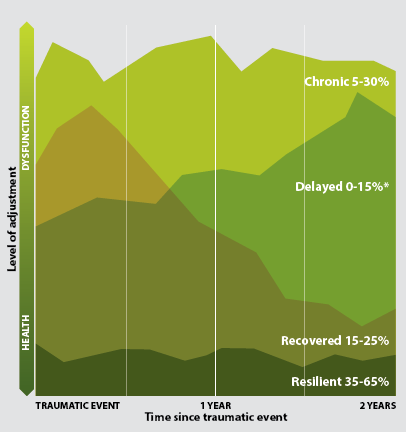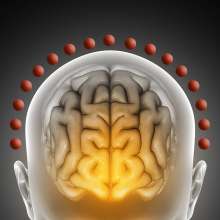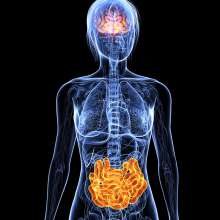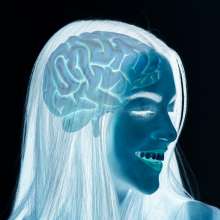Our evolutionary adaptive response to trauma is a flight/fight/freeze/faint response. Post traumatic stress can manifest in many different symptoms.
Very Young Children
- May present few apparent symptoms.
- May report more generalized fears such as stranger or separation anxiety
- Sleep disturbances
- Preoccupation with words or symbols that may be related to the trauma
- May repeat themes of the trauma in play
- May lose an acquired developmental skill, such as toilet training
Elementary School Age
- May experience visual flashbacks or amnesia
- May miss sequence related events when remembering the event
- May believe that there were warning signs that predicted the trauma
- Compulsively repeating some aspect of the trauma in play, for example an increase in shooting games after exposure to a shooting
Adolescents
- Symptoms resemble adults
- More likely to engage in reenactment, incorporating aspects of the trauma into their daily lives
- More likely than younger children or adults to exhibit increased impulsive and aggressive behaviors
- Experience nightmares and intrusive thoughts about the trauma
- May be easily startled
- May avoid reminders of the trauma
- Can become depressed, angry, distrustful, fearful, alienated, and feel betrayed
- Many do not feel they have a future
Adults
- A general loss of interest in life
- Difficulty imagining a future
- Sleep disturbances
- Avoidance of people, places, and other reminders of the traumatic event
- A sense of current or imminent danger
- Flashbacks or intrusive recollections so vivid that the person feels as if they are reliving the actual event
- Alcohol and drug abuse
- Detachment in relationships
- Lack of trust
Updated 2016, original article from WellnessOptions #12, 2003





